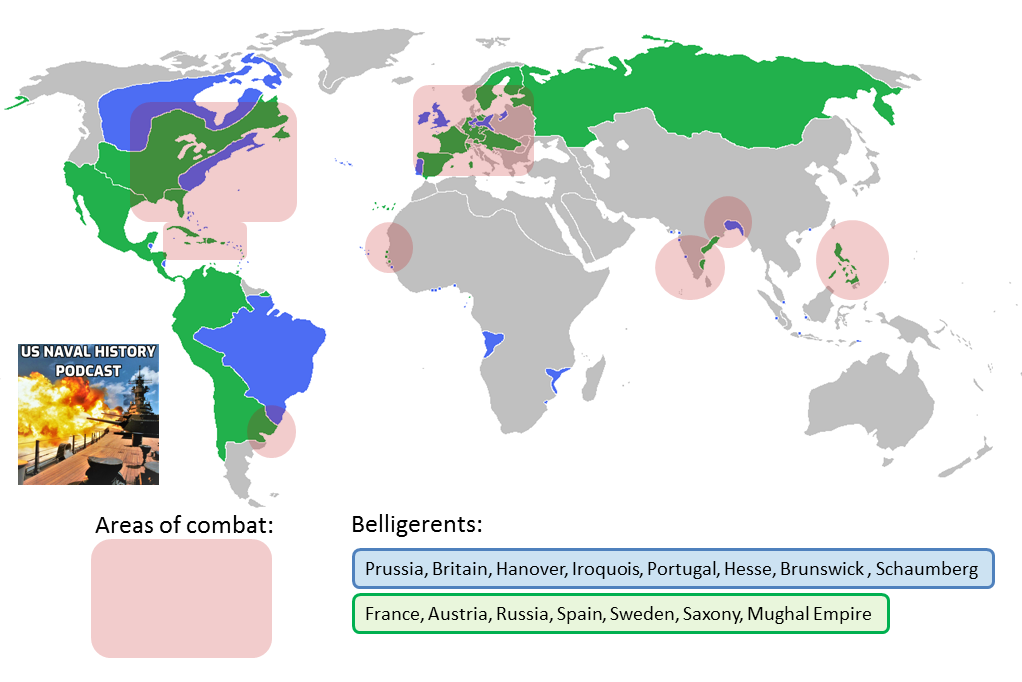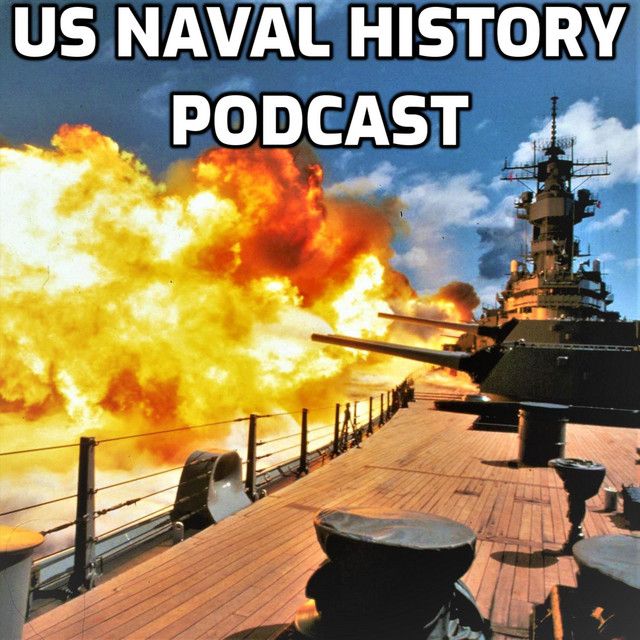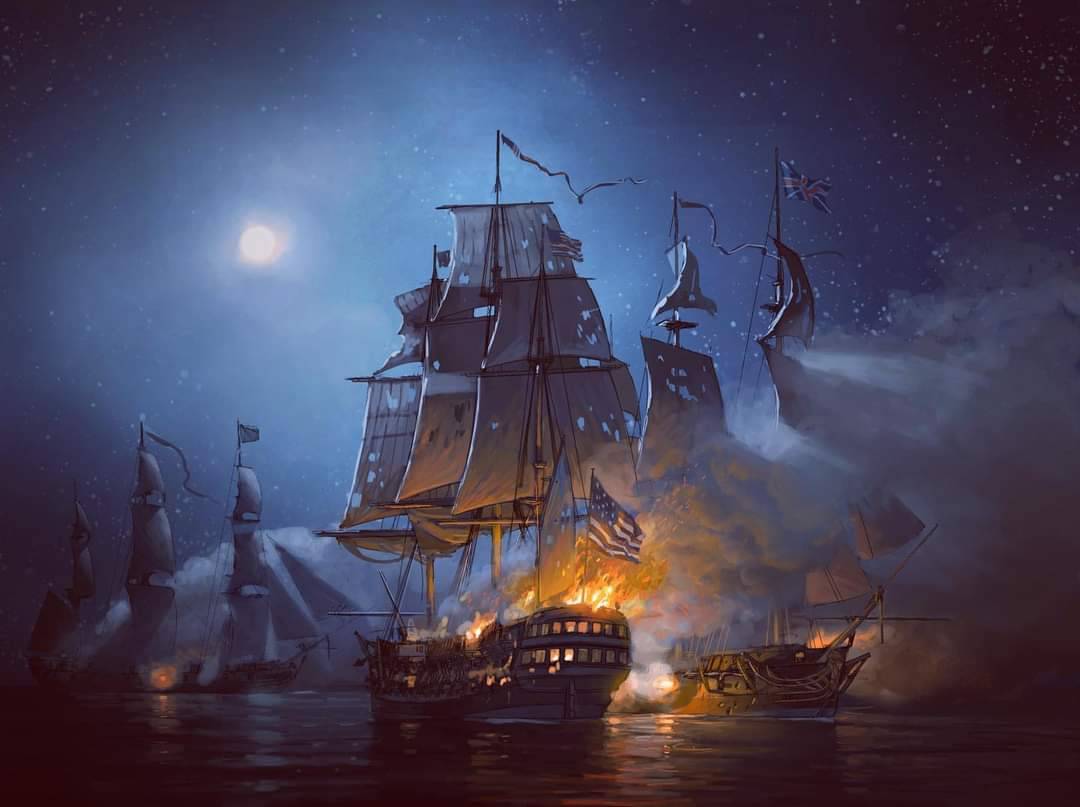The very first podcast episode ever... when I made this I knew nothing about podcasting.
This is the first episode and I figured we’d begin at the beginning, with the United States Navy before there even was a United States of America, back when we were a group of 13 colonies using a motley alliance of state navies, the Continental Navy, privateers and the navies of our European allies to win our independence and defeat the globe-spanning, indisputably greatest naval power on earth at the time, the Royal Navy.
Setting the Stage for War
Before we start with the actual warfare, I’m going to give a quick rundown on the state of the world, and of the Royal Navy, in 1775, when the Revolutionary War began. Just 12 years earlier in 1763, the Seven Year War, which is also known as the French and Indian War here in North America, ended. As you may have guessed it lasted for seven years (1756–1763) and can be thought of as World War Zero because it was fought all over the world, on five continents and involved every major and most of the minor powers of Europe. The end result of the war was that the United Kingdom came out as the dominant world power. Britain took many of its enemy France’s best colonies, including what is today Canada, as well as a bunch of colonies in India and Africa. Coming out of the war as powerful as it did, Britain upset the balance of power in Europe which was basically a shifting set of alliances among the five or so major European powers which ensured that no one country became too powerful and was in a position to dominate the others.

Another major outcome of the Seven Years War was that the United Kingdom was left with a crushing war debt. To pay off this war debt one of the things the British Parliament did was look to the colonies. Parliament enacted a series of laws that raised taxes on the colonies, which in typical American fashion the colonists did not appreciate. Parliament also enacted a series of restrictive trade laws which hurt one of the major industries of the northern colonies, shipping.
The final effect of the Seven Year War that I am going to talk about was its effect on the Royal Navy. The crushing war debt that Britain was left with after the war caused Parliament to go looking for costs to cut, and one place they cut was naval upkeep. So in 1775 when the war started, while the Royal Navy was still the biggest and baddest in the world with 131 ships of the line and 98 frigates in service, but they were underfunded and undermanned. This is similar to the effect that sequestration had on the United States Navy after the 2008 financial crisis, where a cut in funding dramatically reduced the readiness of the navy to fight a real war. Additionally, the navy the British did have was stretched very thin across the whole globe defending all of the new colonies they had just gained, which was another factor that ultimately helped us in our war for independence. At the beginning of the war only 24 ships were stationed in the Royal Navy’s North America Squadron while the rest were scattered defending Britain’s other interests around the globe.


